The British government is pushing ahead with “espionage legislation” that could criminalise the release of public information and impose even stricter controls on the UK media as part of an “epidemic of secrecy”.
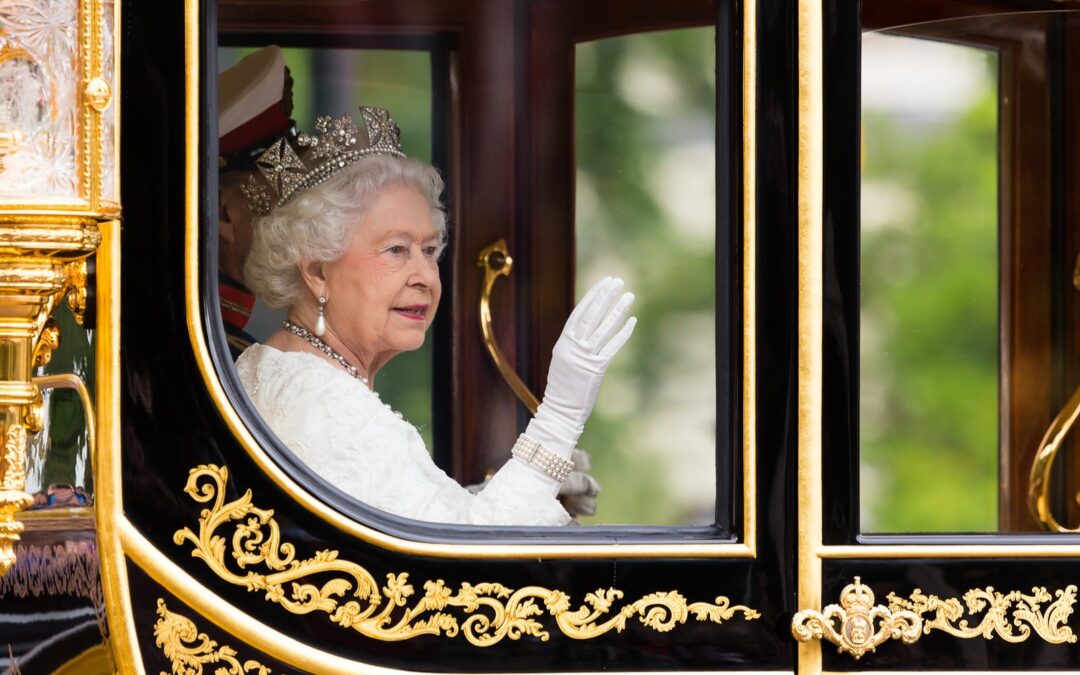

by RICHARD NORTON-TAYLOR | 30 May 2020
The British government is pushing ahead with “espionage legislation” that could criminalise the release of public information and impose even stricter controls on the UK media as part of an “epidemic of secrecy”.
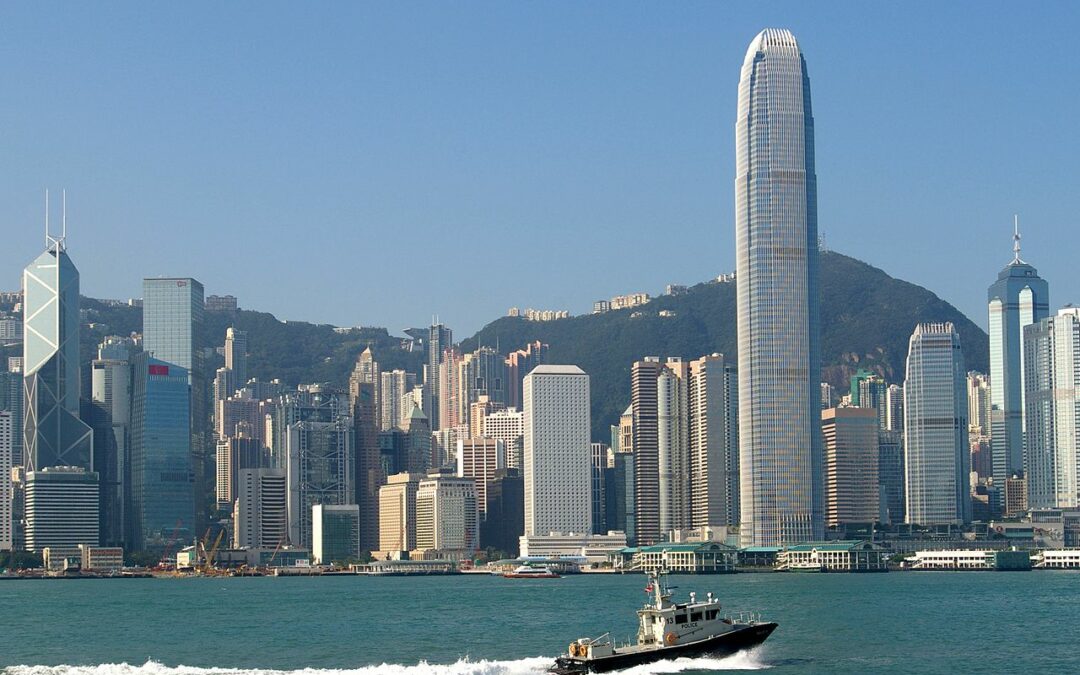
by PHIL MILLER | 29 May 2020
TAGGED: China, Coronavirus, Hong Kong
Before Covid-19, British colonial authorities allowed a deadly flu virus to spread from Hong Kong in 1968 with devastating consequences for the US and the rest of the world – one million people died.
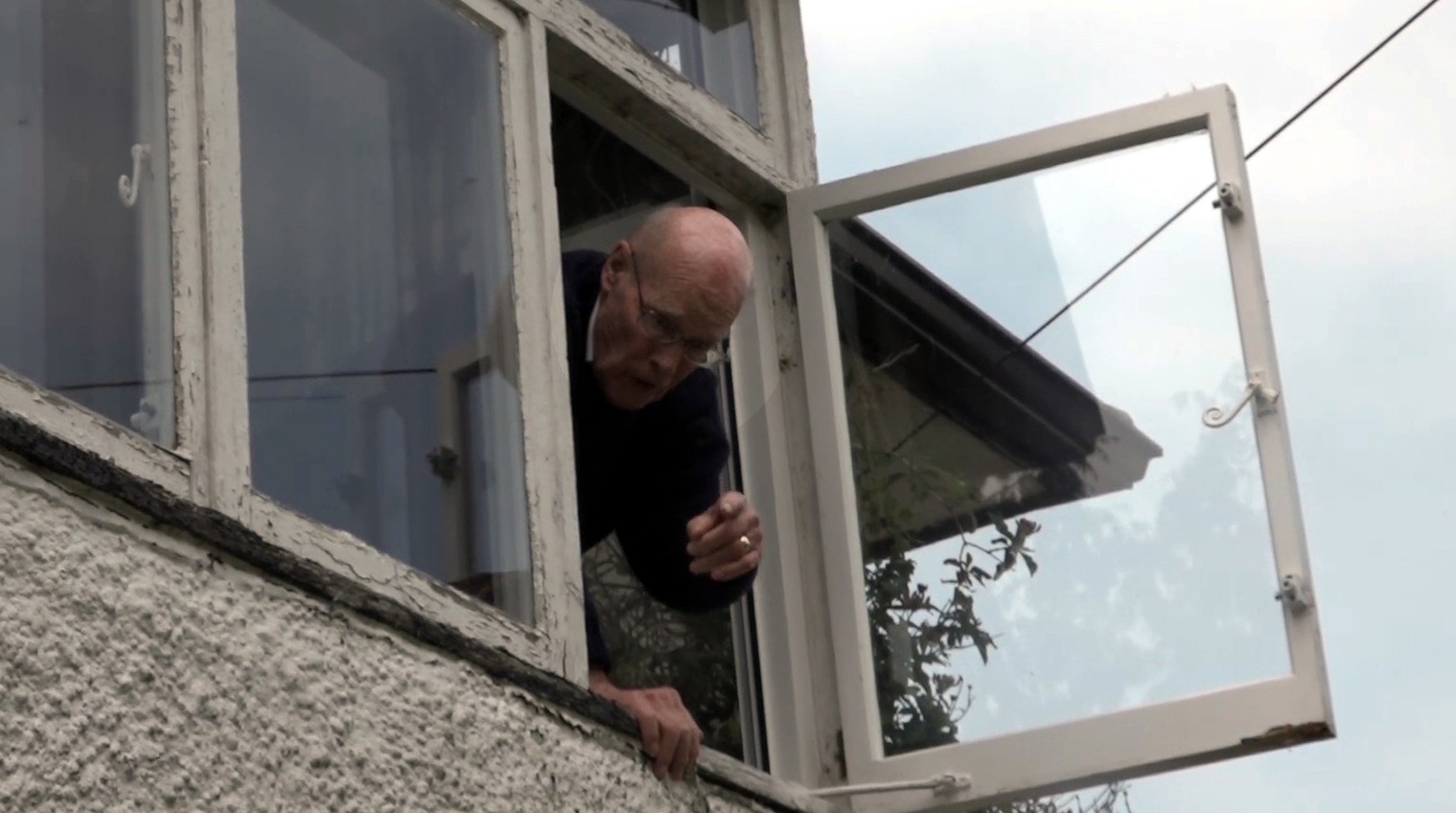
by PHIL MILLER | 22 May 2020
TAGGED: Ireland, Keenie Meenie Services, Malaysia, Sri Lanka, Yemen
SAS veteran Brian Baty served on covert operations across the crumbling British empire from the 1950s, then sold his counter-insurgency experience to the Sri Lankan government, profiting from massacres of Tamil civilians. A UK minister said these killings should be investigated as war crimes days after Baty passed away unpunished, following decades of official cover-ups.

by MATT KENNARD | 19 May 2020
TAGGED: Environment, military
The greenhouse gas emissions produced by the UK military and its supply chain are up to 11 times higher than admitted by the Ministry of Defence, which has produced a ‘pattern of flawed reporting’ on its environmental impacts, new research carried out for Declassified UK has found.
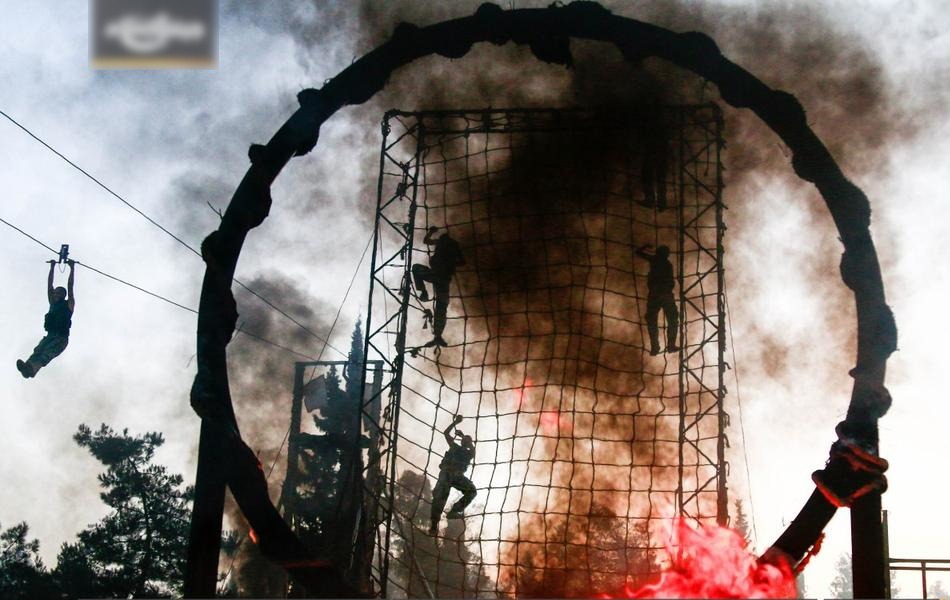
by MARK CURTIS | 18 May 2020
TAGGED: Aid, Syria, terrorism
Newly-discovered documents show how UK covert operations in Syria helped ‘shape perceptions’ of the war. The British government effectively ran Syrian opposition groups’ media offices and created publicity material aimed at Syrian and UK audiences, challenging the idea the UK has played a small role in the conflict.
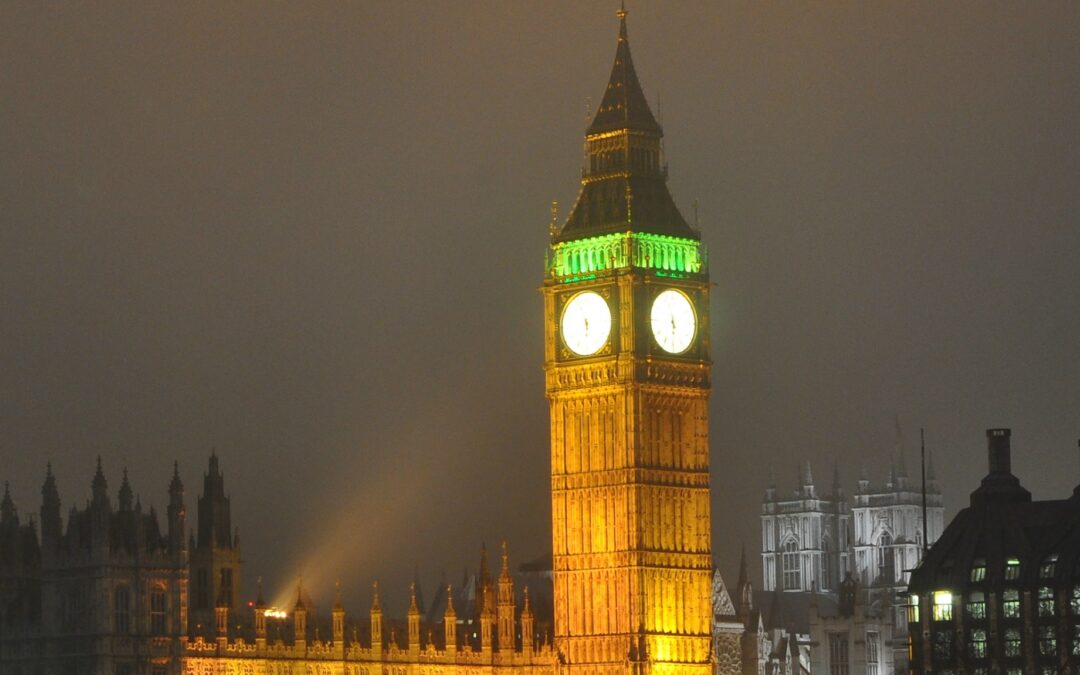
by REBECCA FISHER | 15 May 2020
TAGGED: Coronavirus
With coronavirus killing tens of thousands of Britons, the government’s poor response to the crisis shows that the UK’s current form of ‘democracy’ cannot protect the public. The ‘Westminster model’ was developed to promote unregulated economic growth and prevent the public from real participation in how society is run.

by PHIL MILLER | 14 May 2020
TAGGED: BAE Systems, Cyprus, Saudi Arabia, Yemen
A fighter jet factory in England providing essential parts for the Saudi air force has not been checked for over three years, missing the government’s own deadlines. Without supplies from this factory, it is likely Saudi Arabia would be unable to continue bombing Yemen during the coronavirus pandemic.
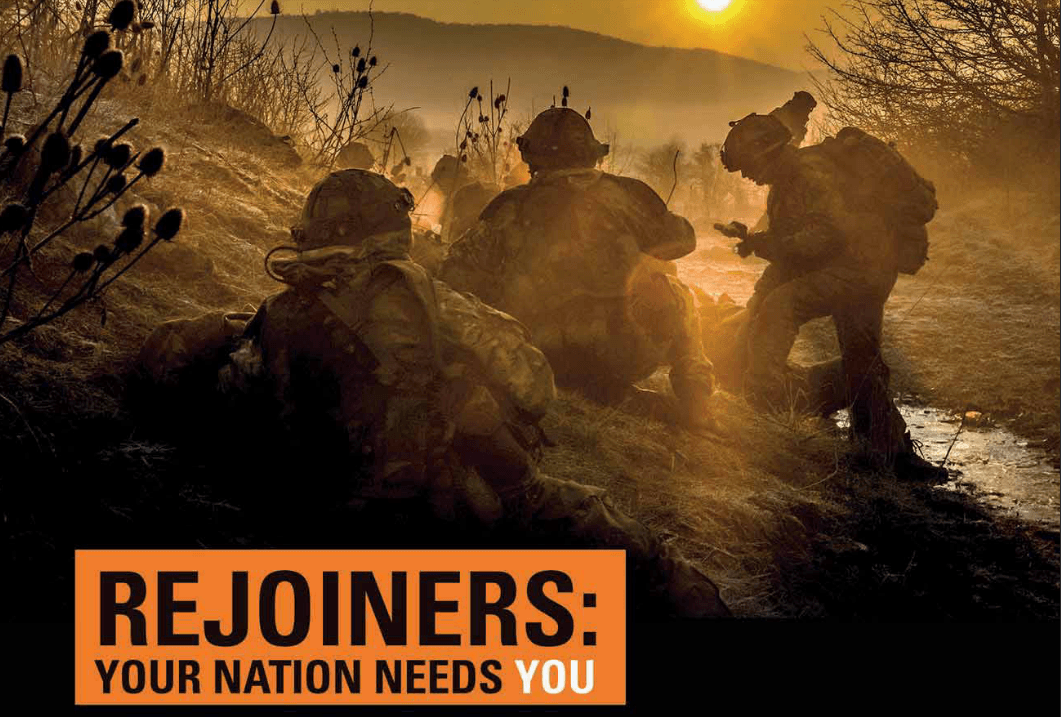
by MATT KENNARD | 13 May 2020
TAGGED: Coronavirus
The UK Ministry of Defence is using the Covid-19 pandemic to reverse a long-term recruitment crisis, which has seen it miss its enlistment targets for the past six years, and to repair damage to its reputation from the military campaigns in Iraq and Afghanistan.
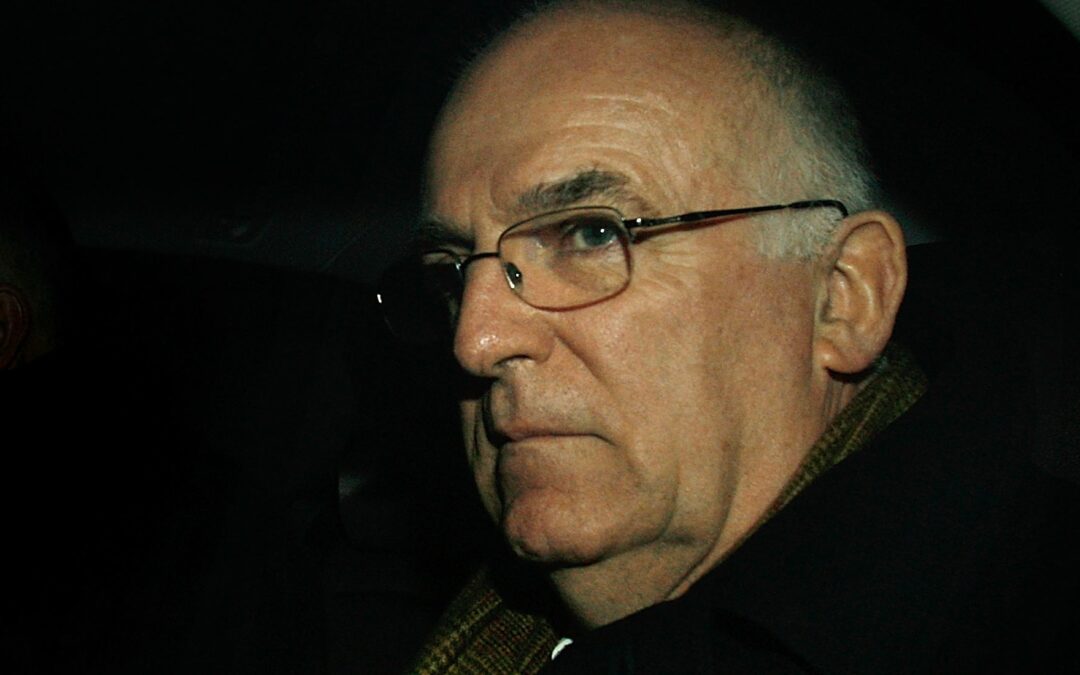
by MATT KENNARD | 7 May 2020
TAGGED: BP, Coronavirus, GCHQ, MI5, MI6
There is money and power in identifying Russia and cyber attacks as the key security threats facing Britain — but not in addressing the more important issues of pandemics and climate change. Former UK intelligence chiefs are personally profiting from the ‘revolving door’ between government and business, and the public is paying the price.
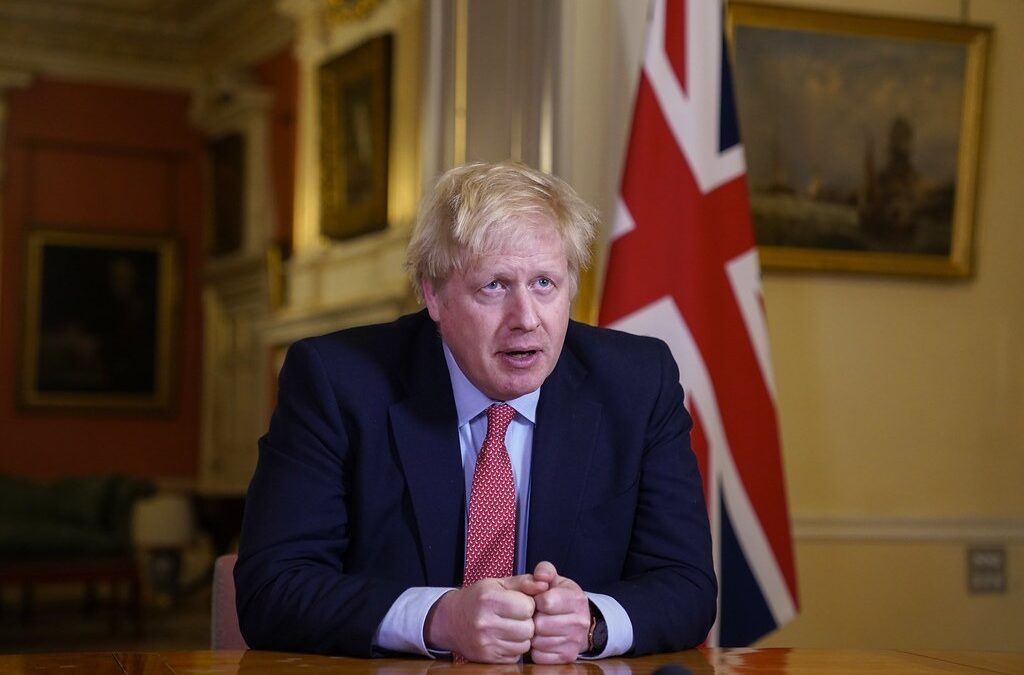
by MARK CURTIS | 2 May 2020
TAGGED: Coronavirus
The UK government’s failure to provide protective equipment to all health staff treating coronavirus victims prompts questions over whether ministers are legally culpable for failing to prevent deaths. But ministers routinely act with impunity and every prime minister since 1945 has been complicit in deaths abroad.
| Cookie | Duration | Description |
|---|---|---|
| cookielawinfo-checkbox-analytics | 11 months | This cookie is set by GDPR Cookie Consent plugin. The cookie is used to store the user consent for the cookies in the category "Analytics". |
| cookielawinfo-checkbox-functional | 11 months | The cookie is set by GDPR cookie consent to record the user consent for the cookies in the category "Functional". |
| cookielawinfo-checkbox-necessary | 11 months | This cookie is set by GDPR Cookie Consent plugin. The cookies is used to store the user consent for the cookies in the category "Necessary". |
| cookielawinfo-checkbox-others | 11 months | This cookie is set by GDPR Cookie Consent plugin. The cookie is used to store the user consent for the cookies in the category "Other. |
| cookielawinfo-checkbox-performance | 11 months | This cookie is set by GDPR Cookie Consent plugin. The cookie is used to store the user consent for the cookies in the category "Performance". |
| viewed_cookie_policy | 11 months | The cookie is set by the GDPR Cookie Consent plugin and is used to store whether or not user has consented to the use of cookies. It does not store any personal data. |